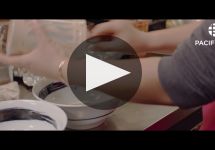Pacific Rim Vin de Glaciere Organic Riesling (375ML Half-bottle) 2014
-
Wine
Enthusiast



Product Details
Your Rating
Somm Note
Winemaker Notes
The 2014 Vin de Glaciere grew and was harvested in a warm year that offered tropical fruit aromatics of mango and pineapple. The grapes were picked in late September at 22 Brix and pressed after being frozen, which concentrated the sugar to 35 Brix. The fermentation was arrested at 178 g/L with 10.5% acquired alcohol producing a refreshing style. One hundred percent fermented and aged in stainless steel, preserved the fruit intensity.
Professional Ratings
-
Wine Enthusiast
The aromas of jasmine, apricot and bountiful white flowers are exuberant. It's richly sweet with honeyed flavors while maintaining a lovely sense of balance.
Other Vintages
2012-
Wine
Spectator -
Wine
Enthusiast -
Connoisseurs'
Guide
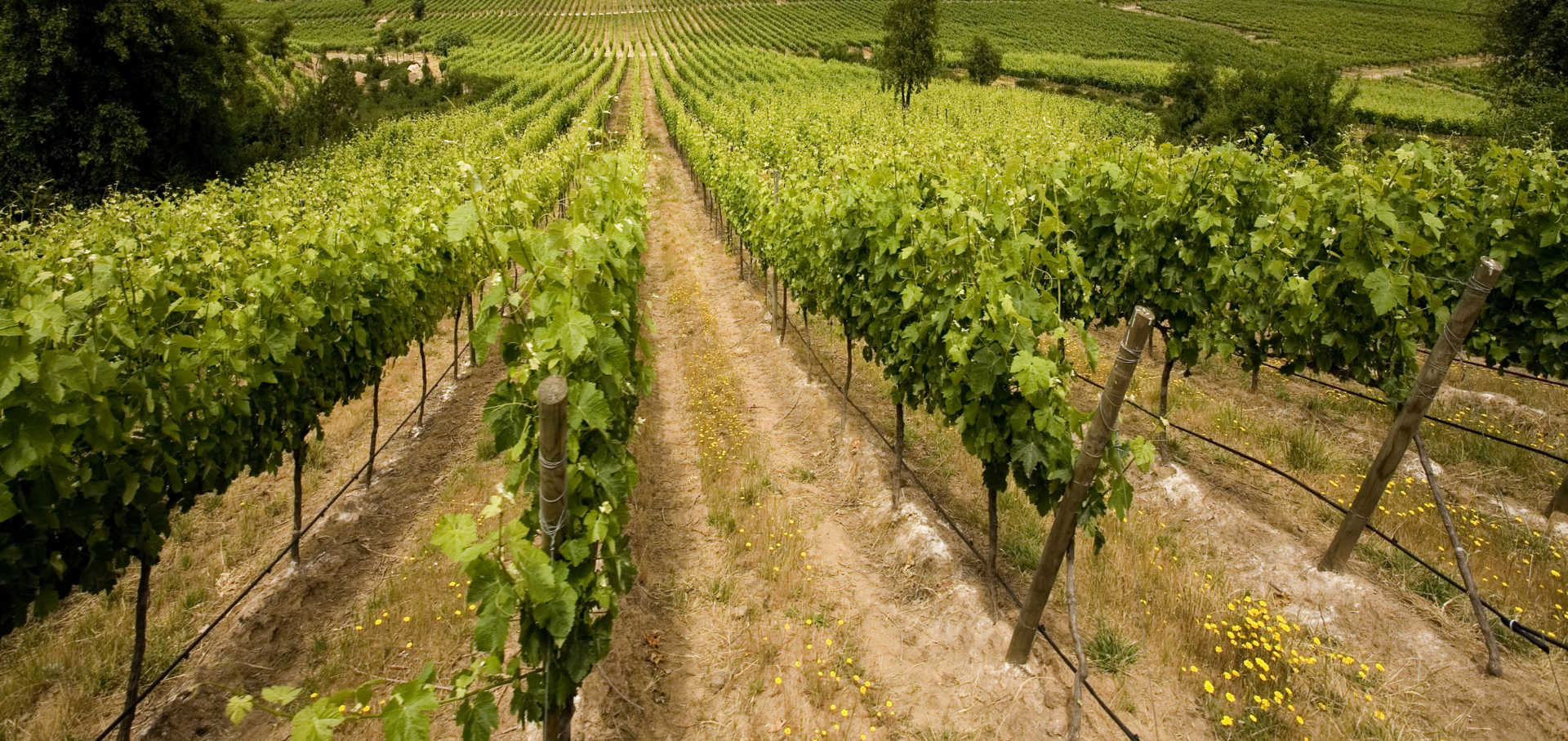


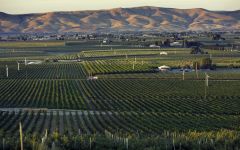


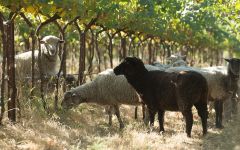
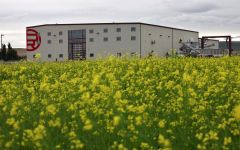
Pacific Rim is the home of Riesling zealots. In fact, 95% of the total production is Riesling wines. Riesling is consistently one of the fastest growing white varietals in the wine industry. Riesling simply is the most versatile, complex and food-friendly of all the noble grapes. No other varietal can be crafted to express so many different and wondrous characteristics — from bone dry with floral aromas to dessert, sweet with spicy aromas.
More than any other varietal, Riesling purely expresses its terroir and Washington’s Columbia Valley — home of Pacific Rim — provides the ideal soils and climate for growing world class Riesling. Purity is at the core of Pacific Rim’s winemaking philosophy. They exclusively use stainless steel tanks, expressing the truest character of the vineyards. The wines are fresh, vivid and elegant with delicate yet complex aromas. Riesling’s crisp, vibrant characteristics are a fresh alternative to heavier, oak-laden white wines.

Apart from the classics, we find many regional gems of different styles.
Late harvest wines are probably the easiest to understand. Grapes are picked so late that the sugars build up and residual sugar remains after the fermentation process. Ice wine, a style founded in Germany and there referred to as eiswein, is an extreme late harvest wine, produced from grapes frozen on the vine, and pressed while still frozen, resulting in a higher concentration of sugar. It is becoming a specialty of Canada as well, where it takes on the English name of ice wine.
Vin Santo, literally “holy wine,” is a Tuscan sweet wine made from drying the local white grapes Trebbiano Toscano and Malvasia in the winery and not pressing until somewhere between November and March.
Rutherglen is an historic wine region in northeast Victoria, Australia, famous for its fortified Topaque and Muscat with complex tawny characteristics.

A large and geographically diverse AVA capable of producing a wide variety of wine styles, the Columbia Valley AVA is home to 99% of Washington state’s total vineyard area. A small section of the AVA even extends into northern Oregon!
Because of its size, it is necessarily divided into several distinctive sub-AVAs, including Walla Walla Valley and Yakima Valley—which are both further split into smaller, noteworthy appellations. A region this size will of course have varied microclimates, but on the whole it experiences extreme winters and long, hot, dry summers. Frost is a common risk during winter and spring. The towering Cascade mountain range creates a rain shadow, keeping the valley relatively rain-free throughout the entire year, necessitating irrigation from the Columbia River. The lack of humidity combined with sandy soils allows for vines to be grown on their own rootstock, as phylloxera is not a serious concern.
Red wines make up the majority of production in the Columbia Valley. Cabernet Sauvignon is the dominant variety here, where it produces wines with a pleasant balance of dark fruit and herbs. Wines made from Merlot are typically supple, with sweet red fruit and sometimes a hint of chocolate or mint. Syrah tends to be savory and Old-World-leaning, with a wide range of possible fruit flavors and plenty of spice. The most planted white varieties are Chardonnay and Riesling. These range in style from citrus and green apple dominant in cooler sites, to riper, fleshier wines with stone fruit flavors coming from the warmer vineyards.
